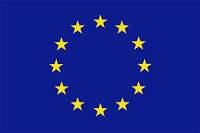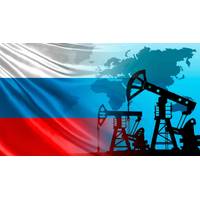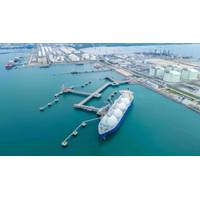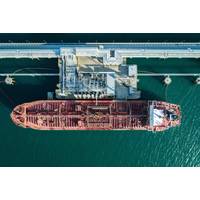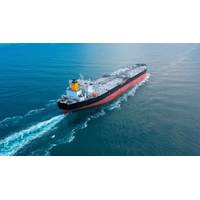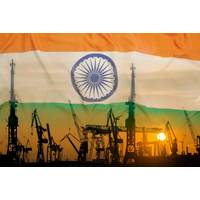EU Wants Market-Led Response to Any Russian Gas Crisis
"A price increase is not a supply crisis and not a justification for intervening in the market under the pretext of security of supply," the European Commission warned member states on Thursday as it outlined how markets would be effected if gas deliveries are cut this winter as a result of the dispute between Russia and Ukraine.
Gas prices could double as a result of a shutdown in transit shipments, according to the International Energy Agency, but the European Commission insists they must be allowed to rise to promote fuel switching and reduce non-essential demand as well as attract additional LNG cargoes to replace lost supplies from Russia.
EU officials have modelled the impact of a six-month shutdown in Russian deliveries during an average winter but with a two-week cold snap in February when demand is typically highest and gas stocks would be depleted.
Unsurprisingly, the worst-hit countries would be in eastern and south-eastern Europe, though Finland and the Baltic states would also be hit if the transit dispute led to a complete cessation of all Russian gas exports to the EU (Commission communication on "Short term resilience of the European gas system" Sep 16).
Countries in central and western Europe would not experience a significant direct disruption. But the Atlantic and Mediterranean coasts are where most of the Union's import terminals for receiving LNG are located.
The Commission therefore wants member states in central and western Europe to allow the market mechanism to work and prices to rise, even if worse-hit members in the east and southeast are forced to introduce non-market measures to reduce consumption and reserve scarce supplies for priority customers.
Let Prices Work
"The sequencing of ... measures is important and it is crucial that the market functions as long as possible," the Commission warned. "Where the market works, price signals will attract new deliveries of gas, mainly LNG, to the EU and within the EU to those countries where scarcity is greatest."
There is more than enough LNG and shipping capacity to meet any shortfall from Russia, according to the Commission. But the Commission warned member states not to prevent gas flowing across borders and reminded them of their legal obligation not to introduce measures that "unduly restrict the flow of gas within the internal market" ("Security of Gas Supply Regulation," Article 11(5), Oct 2010).
All member states and neighbouring countries have contingency plans for dealing with a severe interruption in gas supplies.
Where district heating systems and power plants have dual-fuel capability, they would be ordered to switch to burning diesel, fuel oil or coal to save gas. Strategic diesel stockpiles might be released in some circumstances to meet increased demand for liquid fuel.
If that was still not enough, gas supplies would be cut to non-essential customers, such as steelmakers, to give priority to "protected customers" like households, hospitals and schools.
Gas shortages in some eastern and south-eastern countries could be so severe that national governments have no choice but to order fuel switching and rationing, but the EU wants them to let gas prices rise first to conserve as much gas as possible by allowing the price mechanism to work.
In western and central Europe, the Commission wants the whole adjustment to be carried out through price changes.
EU officials worry national emergency plans focus only on the domestic supply-demand balance and do not consider knock-on effects on other member states, so actions taken by one member state could worsen the situation elsewhere.
Some national plans are actually inconsistent with one another, since member states are relying on the same alternative supplies, thus double-counting available gas. The Commission therefore wants national regulators to take a cooperative approach.
By relying on the price mechanism as much as possible and discouraging restrictions on gas flows between member states and neighbouring countries, the Commission wants to avoid a situation where non-priority customers in one state continue to be served while protected customers in another get cut off.
Cooperation and relying as much as possible on the market would benefit everyone.
"Calm, market-based management of the supply crisis in member states less affected (by the interruption of gas supplies) will have an overall beneficial effect for the EU" and neighbouring states like Turkey and in the Balkans, the Commission concluded.
While that is to some extent an aspiration, EU authorities will apply intense peer pressure on national governments to avoid taking steps which are unhelpful and are likely to threaten action under the internal market supply security regulations.
Any interruption in gas flows from Russia this winter would be painful for consumers across the EU and in neighbouring areas, but an uncooperative response is a sure way to make it much worse.
(By John Kemp, Editing by Willism Hardy)
